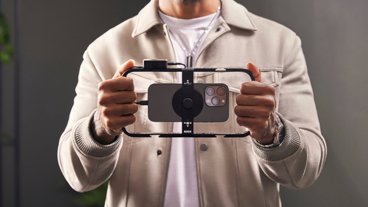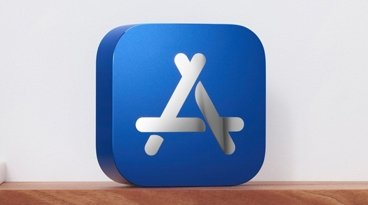Report: 73 percent of iPhone users "very satisfied" with AT&T
According to report by CNNMoney, the Yankee Group's survey found that 73 percent of iPhone users said they were "very satisfied" with AT&T's service.
"That rating compares favorably to how non-iPhone smartphone users feel about AT&T, and even to how non-iPhone users feel about other wireless providers," the site wrote.
Outside of the iPhone, the satisfaction rate of AT&T is just 68 percent, and among smartphone users in general, only 69 percent are satisfied with their provider, according to the survey.
iPhone casts a happy halo for AT&T
AT&T has taken a public drubbing related to its coverage problems in certain areas and its glacial efforts to support iPhone features Apple has released, such as last summer's iPhone 3.0 MMS picture messaging and tethering feature intended to share a mobile signal with a notebook computer.
The company was assailed by Verizon during the last holiday season in a series of ads that suggested AT&T had little or no data converge for most of the US, was then raked over the coals for exposing email addresses of iPad 3G users, flubbed Apple's iPhone 4 launch when it couldn't keep up with preregistration demand in its account authorization servers, and suffered an equipment failure in its HSPA network that erased the dramatic increase in data upload speeds enabled by the new iPhone 4.
Despite all of AT&T's problems, most iPhone users are likely to report satisfaction with their carrier because they really like their phone. "Consumers transfer the high gloss of their Apple iPhone experience to AT&T," writes Carl Howe, the Yankee Group analyst who authored the study. "The iPhone creates a halo effect that rubs off."
"Some of us remember how bad it was on other carriers," said reader Doug Smith, commenting on the report's findings. "I looked forward to getting away from Verizon and moving to AT&T for the iPhone because of the capabilities I would gain."
AT&T defends its network
AT&T says the problems with its network are, like iPhone 4's "Antennagate," exaggerated out of proportion. AT&T spokesperson Mark Siegel told CNNMoney, "There's a gap between what people hear about us and what their experience is with us. We think that gap is beginning to close. It doesn't mean we're perfect; we still have work to do. But that's no surprise to us, because we have a great network."
Following an opinion survey by ChangeWave that indicated far more dropped calls for users on AT&T overall(regardless of the phone type), the carrier defensively presented third party statistics that indicated AT&T's dropped call rate was in a "dead heat" with Verizon on a national basis.
The problem for most iPhone users, however, is that they don't spend their time averaged across a variety of national markets. Many of AT&T's most vocal critics are located in cities like New York and San Francisco, which are hobbled both by challenging topography, regulation, and political obstructionism issues that make it difficult for the carrier to rapidly improve its network.
AT&T has also been racing to catch up with Verizon in rolling out its 3G network; Verizon enjoyed a couple years' head start. At this point however, Verizon is working to build out a new 3.9G or "transitional 4G" LTE service while AT&T is in the position of being able to upgrade its existing 3GPP network to add transitional HSPA+ technology that will deliver far faster speeds than Verizon's existing 3G network can.
That prospect is little consolation to users who can't make reliable calls in the weakest of AT&T's service areas, but the carrier has strong incentives to keep improving its network and keep its partnership with Apple intact.
AT&T working hard to keep iPhone exclusive
Howe's report says the iPhone brings AT&T $50 more per subscriber per year than other carriers get from their smartphone subscribers. It also calculates that Apple's iPhone will bring in $1.8 billion in sales to AT&T just this year, and an estimated $9 billion over the next five years.
The Yankee Group says a different flagship smartphone would be worth $750 million less every year to the carrier, a key reason why "AT&T has bent over backward to keep its exclusive distribution deal with Apple as long as possible," Howe said. "Verizon has been regretting turning away Apple for the last three years."
The report also notes that 77 percent of iPhone users say they'll buy another phone from Apple, compared to just 20 percent of Android owners who say they'd buy another Android phone.
 Daniel Eran Dilger
Daniel Eran Dilger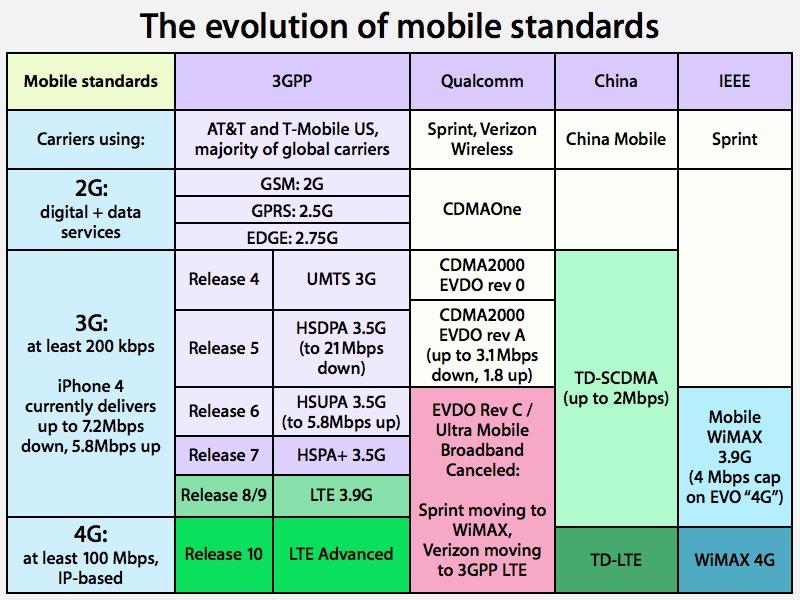



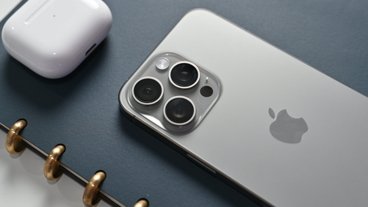
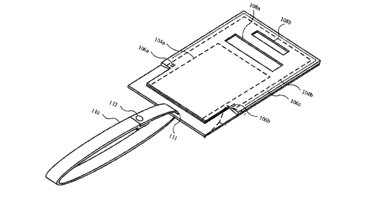






 Malcolm Owen
Malcolm Owen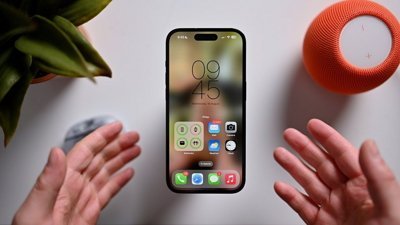
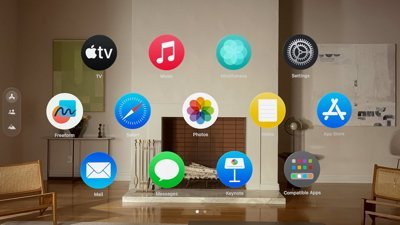

 William Gallagher
William Gallagher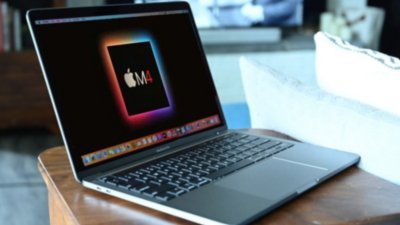
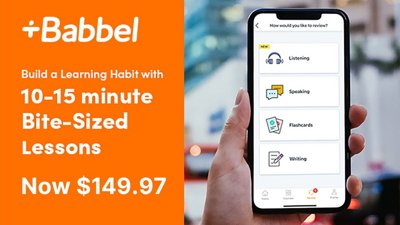
 Christine McKee
Christine McKee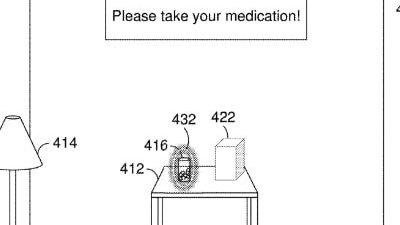
 David Schloss
David Schloss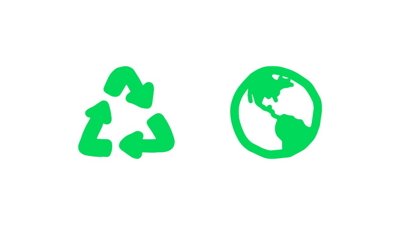
 Amber Neely
Amber Neely
